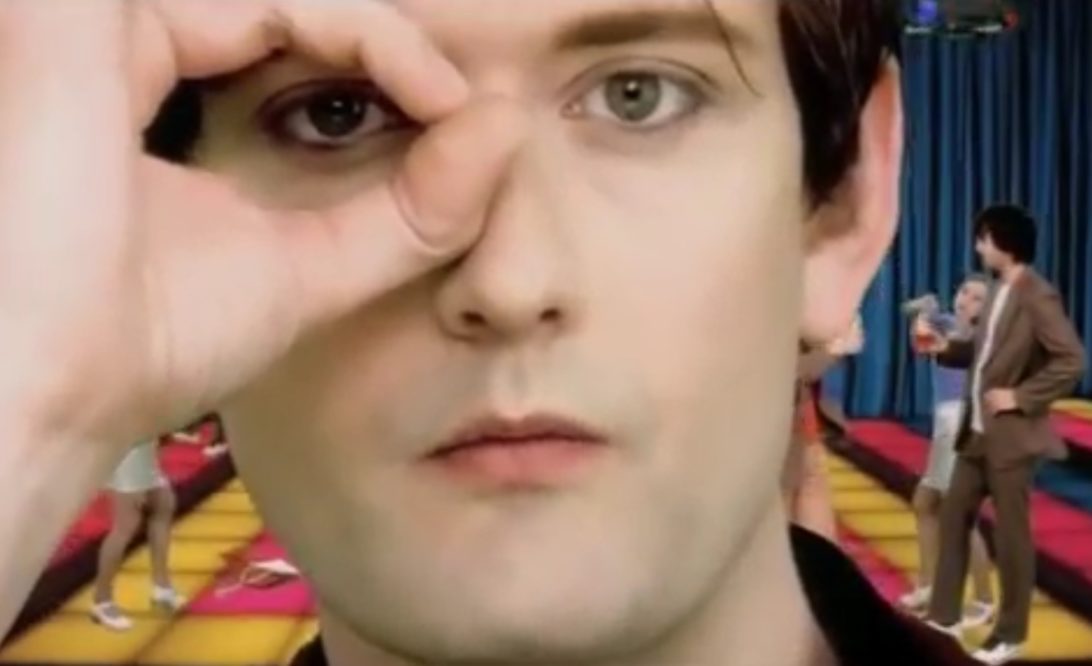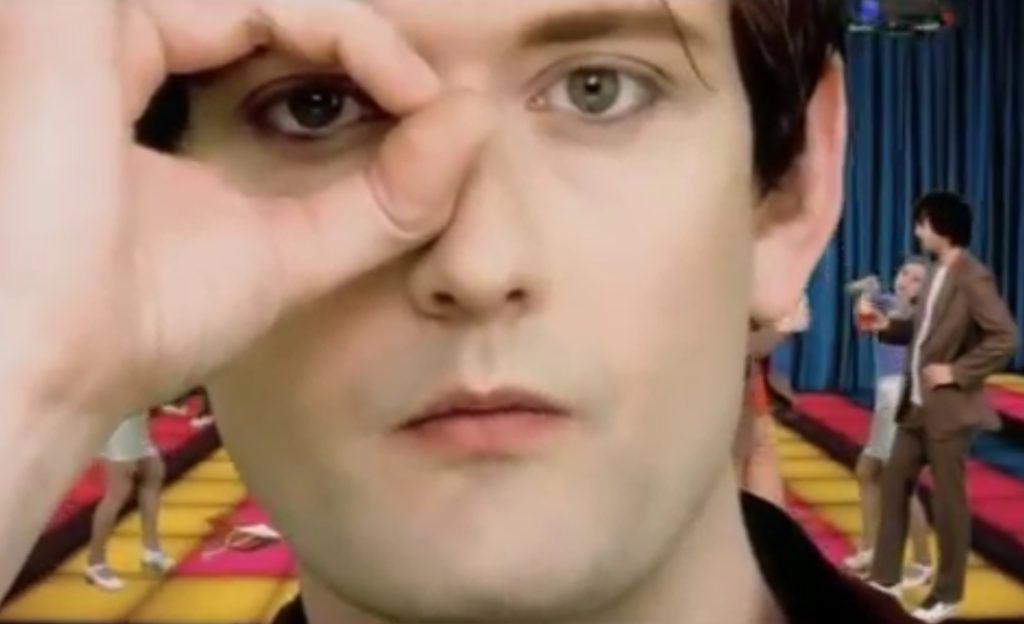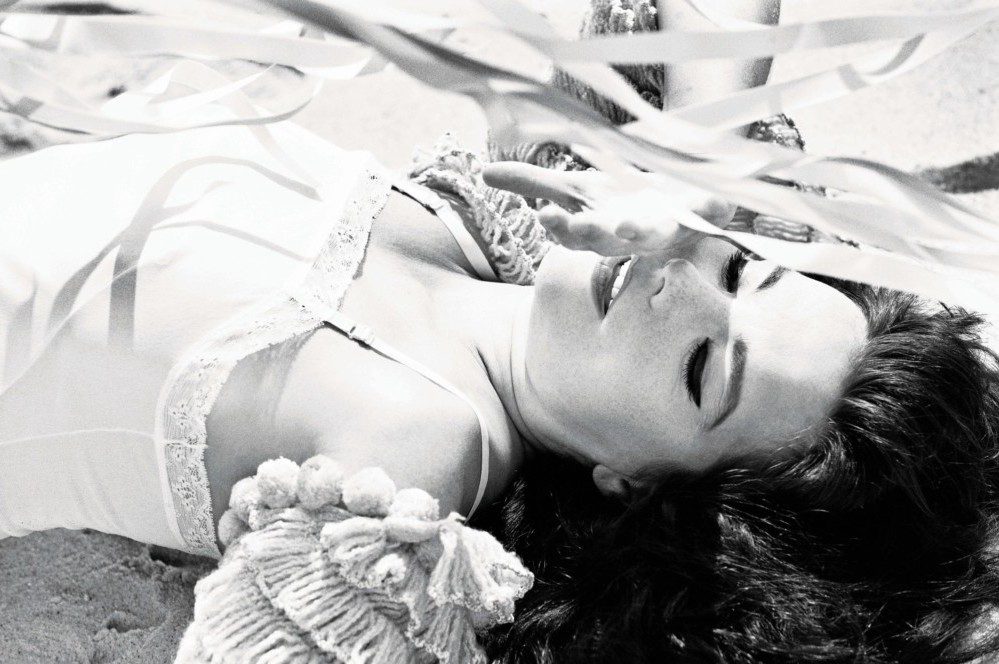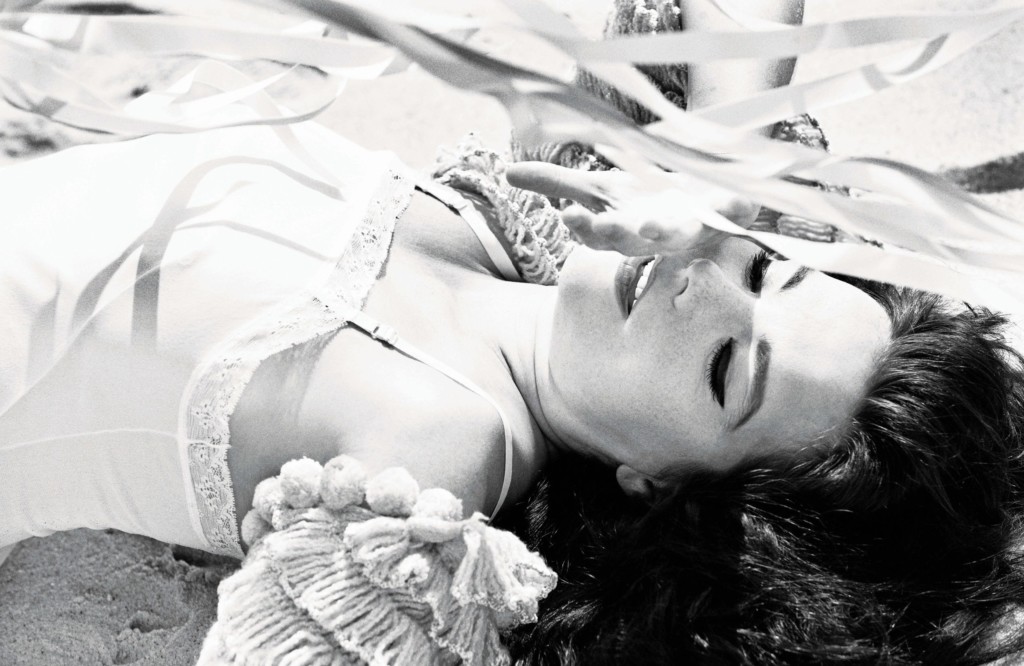

There’s this well-know story in the history of Pulp about the time they played Glastonbury as a replacement for The Stone Roses. It was June of 1995 and the band was still a few months away from the release of their landmark album Different Class. The album’s lead single, “Common People,” which had been a part of their sets for almost a year, had recently hit the second spot on the U.K. charts and that fueled one of those iconic moments in live music history. “That’s when success seemed real. Undeniable. Concrete evidence,” singer Jarvis Cocker would later recount in an NME interview.
Even if there weren’t evidence of the concert in the form of a BBC video where scores of fans are audibly singing along with the band, a Pulp fan would understand this as more than just Britpop legend. You have probably seen that reaction to “Common People” yourself, maybe because you’ve seen Pulp in concert, and you know how fans react to the hits. Or, maybe, that’s because you’ve been to enough indie clubs to know that whenever the song is played – and that has been many, many times over the past 25 years – nearly the whole room will chime in with those first couple lines, “She came from Greece/She had a thirst for knowledge.”
“Common People” was the single that catapulted Pulp, who had actually formed in the late 1970s when Cocker was a Sheffield teenager, into Britpop stardom, but it was the release of Different Class, on October 30, 1995, that cemented the singer as one of the strongest lyricists of his generation.
The band’s fifth studio album opens with a manifesto in the form of “Mis-Shapes,” a song for the misfits and outcasts who run the risk of a beating on the street for the crime of not blending into the background. “Brothers, sisters, can’t you see? The future’s owned by you and me,” he declares, a rallying cry for the nerds and the artists who will rise. “We won’t use guns, we won’t use bombs,” he sings, “We’ll use the one thing we’ve got more of. That’s our minds.”
On Different Class, Pulp presents twelve songs that play like mini-movies. They are stories about weekday dread and late night parties, romantic dry spells and awkward affairs that also explore, well… class.
In a 2015 interview with Telerama, Cocker talks about being fascinated with ordinary people and real life. “I would be pleased if that remained of Pulp – the fact that it was pop music, but it took ordinary life as its subject matter and tried to elevate it into an epic thing,” he says, “because that was what we were always trying to do, I guess, and I think that’s a nice thing to do.”
On Different Class, Cocker’s ability to make the ordinary compelling is at its peak. “Live Bed Show” uses the action a bed has seen (“It didn’t get much rest at first/The headboard banging in the night”) to talk about loneliness. “Bar Italia” captures the chaotic dizziness of a drunken night. And then there’s “Sorted for E’s & Wizz,” a raver’s tale that’s applicable to more than just underground parties of the 1990s. The narrator is just another person in the crowd, one of 20,000 people in a field somewhere in Hampshire, having conversations that consist of “nice one, geezer.” And even if you’ve never been anywhere near Hampshire, never lived in a place where a young guy would be called a geezer, the song still makes sense. At some point, wherever you live, you may have been the person in the crowd, arriving through some chain of events with your friends, who you lose by the middle of the night.
Then there are the emotional details, not just what Cocker is singing, but how he’s singing it, that can make the song hit close to home. You understand that strange sensation of walking into a new environment (“Oh, is this the way they say the future’s meant to feel?”), you know what it’s like to dance alone. Certainly, you don’t have to know what “e’s and wizz” are to recall a night or two where you got a little fucked up and wondered, with that same tone of regret that’s in Cocker’s voice at the end of the song, “What if you never come down?”
In 2012, when he was interviewed by comedian Stephen Merchant on the BBC radio show “Chain Reaction,” Cocker explained why Pulp insisted that it was a pop group. He appreciated that pop music wasn’t intentionally deep. “It was just supposed to be entertainment,” he explained, “so I really loved it when, somehow, people would smuggle something a bit subversive or something extra into that.”
That brings us back to “Common People,” which, aside from being one of the most popular songs of the Britpop era, was one of the most subversive. “Common People” is a song about unchecked privilege, about thinking it’s good fun to pretend you’re part of the proletariat for a bit, until things get a little too uncomfortable. It’s about a lack of self-awareness, the inability to notice that people who are struggling can see right through them. Cocker’s vivid details – the chip stains, the roaches climbing the wall – drag you so deeply into the story that, as it progresses, you might find yourself becoming as frustrated with the rich girl as he is. By the time he spits out the lines, “You will never understand/how it feels to live your life/with no meaning or control/and nowhere left to go,” you’re screaming along, maybe coming to a realization about the people surrounding you, or one about yourself.
The song was inspired by a girl Cocker had met while attending St. Martin’s College in the late 1980s and it delves into what Cocker described in an NME interview as “patronizing social voyeurism,” something that he had noticed in the pop culture ether of the time. But, the situation he describes is as relevant today as it was in 1995. In fact, in the midst of a global pandemic that’s left many without work while billionaires got richer, after years of gentrification in major cities and ever-widening wealth disparities, “Common People” is, arguably, even more relevant today, at the very least, for the American listener.
There are albums that remain beloved decades later because they are so much a product of the time in which they’re made. They become nostalgic for the people who lived them and for those who wish they were there. Then there are the albums so prescient that their legacy becomes greater than the initial impact. Nearly three decades on, Different Class is a mix of both. It was a Mercury Prize-winning hit in the U.K. and a large cult success in the U.S., but the observations of late 20th century life on the album are so keen that they might matter more today than they ever have.






